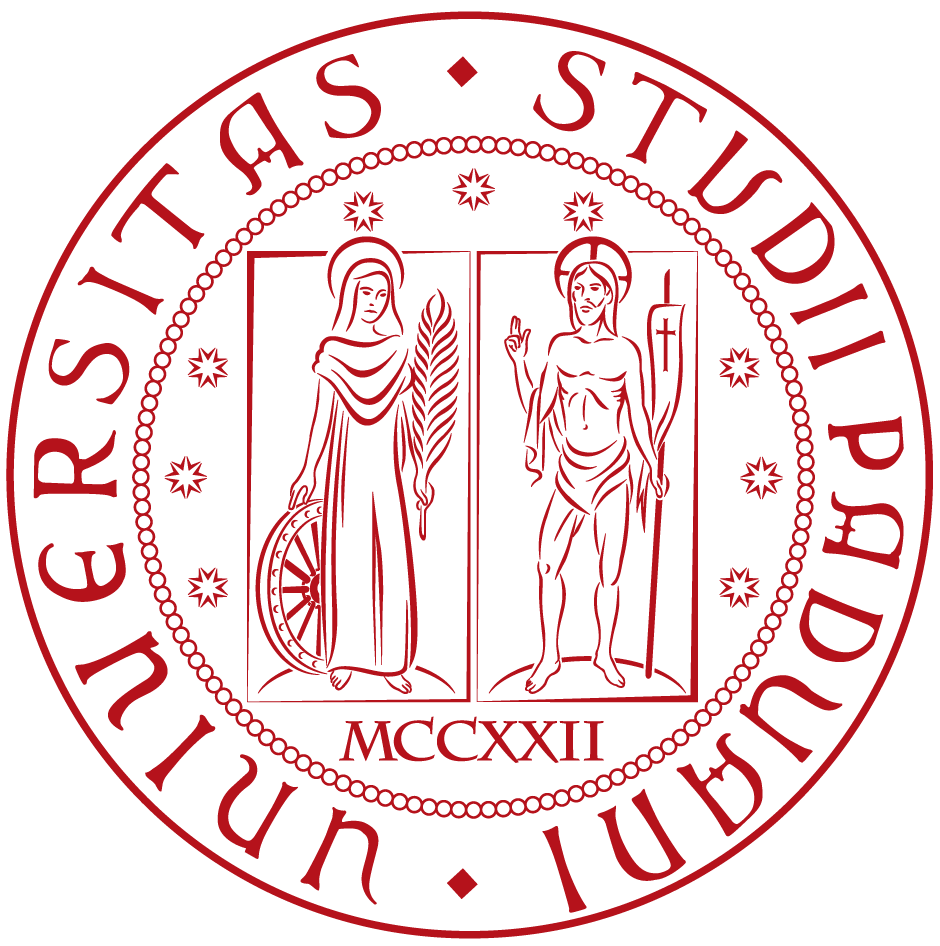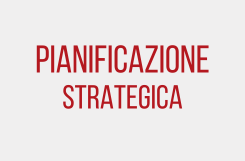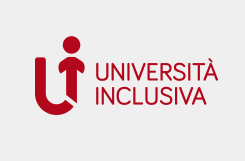

BANDO XLI° ciclo
Corso di dottorato in Scienze Linguistiche, Filologiche e Letterarie
É stato pubblicato il nuovo bando per le candidature al dottorato di ricerca Scadenza 13.05.2025 ore 13:00 (ora italiana)Tutte le informazioni sono reperibili pagina web dedicata
Pubblicazione esiti della valutazione titoli
BANDO XLI° ciclo
Entro il giorno 10 GIUGNO 2025 la commissione provvederà alla pubblicazione degli esiti e del calendario delle prove orali
Inizio prove orali bando XLI° ciclo
17 Giugno 2025 ore 9:00
The PhD Program in Linguistic, Philological and Literary Studies brings together all the disciplinary expertise and research areas in linguistics, philology and literature at the University of Padua.
Its objective is to promote the acquisition of conceptual and methodological tools and theoretical-critical skills in constructing and evaluating scientific hypotheses to be applied across multiple disciplinary fields, and to train scholars of international caliber capable of conducting original scientific research in the following related Disciplinary Areas: Classical Philology; Italian Studies; Linguistics; Anglo-Germanic Linguistics, Philology, and Literatures; Romance Studies; Slavic Studies.
Read more
The professional profiles that the program trains are primarily in university teaching and research, and in higher education in the humanities field. It also prepares qualified professionals for the cultural challenges of the future in sectors related to teaching, study, preservation and enhancement of cultural heritage, direction and management of research institutions and cultural institutes in Italy and abroad, the conception, curation and development of publishing activities, literary and scientific translation, high-level educational textbooks, promotion and organization of cultural entrepreneurship, and finally journalism and media, publishing and the field of digital humanities.
Program Structure
The PhD program in linguistics, philology and literature is structured over three years with a well-defined training path. The first year includes Common Coursework (attendance ≥70%) divided into six units: “Conducting Research: Resources and Methods,” “Introduction to Digital Humanities,” “Around the Text,” “Linguistic Studies,” “Philological Studies,” “Literary Studies,” and “Key Concepts.” Concurrently, Specialized Coursework (≥60 hours per year) takes place, continuing into the second and third years, focused on the doctoral candidate’s specific research area. Progression to the second year requires two papers of 5,000 words each and favorable assessment from the supervisor and the Faculty Board. Similarly, progression to the third year requires two papers of 7,000 words. Doctoral candidates may undertake supplementary teaching activities from the second year onwards. The supervisor is assigned within the first three months of the first year. During periods abroad, teaching and supervision are entrusted to the host university. Admission of the thesis to final evaluation requires the supervisor’s favorable opinion on the three-year activity and approval from the Faculty Board.
Partnerships and Collaborations
The PhD program maintains co-supervision agreements with prestigious foreign universities, including those in Switzerland, Germany, France, Belgium, and Serbia. International mobility is an integral part of the program: doctoral candidates must spend between 3 and 12 months abroad for research, intensive courses, and summer schools. For stays exceeding 20 days, the scholarship increases by 50%; from the second year onwards, each doctoral candidate (even those without a scholarship) has a budget for research activities. The period spent away cannot exceed half of the actual program duration. Co-supervision, which can be activated in the second year with approval from the Supervisor and the Faculty Board, requires a formal agreement with the partner foreign university.
Admission Requirements
For admission to the PhD program, candidates must submit their complete master’s thesis with an abstract covering content, methods, and conclusions. Those who have not yet defended their thesis may submit the work in its current state with a corresponding abstract. A curriculum vitae is required that highlights exclusively study, training, and research activities, as the committee will carefully evaluate the consistency between the educational background and the proposed project. The research project, a fundamental element of the application, will be assessed based on its relevance to the previous academic path, knowledge of the state of the art, innovation, feasibility, methodological coherence, and alignment with the PhD program’s research lines. The candidate must also obtain at least one reference letter, to be sent directly by the referee through the platform. Any scientific publications with ISSN/ISBN codes may be attached to the application, complete with all publishing details.
Tuition Fees, Scholarships and PhD Opportunities
The PhD program offers the possibility of being awarded a scholarship paid in 12 monthly installments and subject to social security deductions. The scholarship may be suspended in case of illness or maternity leave.
Application
PhD PROGRAM IN LINGUISTIC, PHILOLOGICAL AND LITERARY STUDIES
Application deadline: May 13, 2025 at 1:00 PM
The Department of Linguistic and Literary Studies (DiSLL) opens the call for PhD applications once a year with the aim of training professionals in university teaching and research, and in higher education in the humanities field.
For the DiSLL application, you will need the following documents:
- Curriculum vitae
- Master’s thesis accompanied by an abstract covering the content, methods, and conclusions of the work;
- Scientific publications in digital format complete with all publishing details;
- Research project
- Reference letters.
The application is submitted through the PICA platform.






